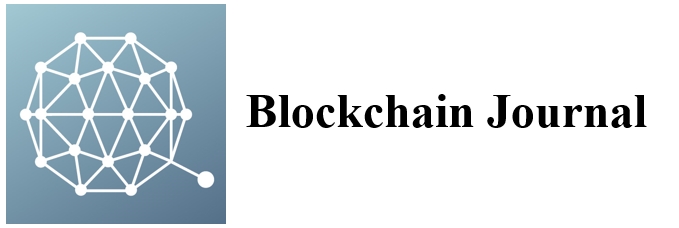Conflict of Interest
Authors should declare any potential conflicts of interests (COIs) during the submission process. Conflicts of interest could influence peer review, editorial decisions, and publication management. Failure to declare the conflict of interest may result in rejection of the submission. If there is no conflict of interest, authors should state it clearly with a sentence such as "Authors declare no conflict of interest".
Conflicts of interest may include, but are not limited to:
- Financial conflict of interest;
- Copyright or patent application;
- Work grants;
- From the same institution;
- Relationships, such as co-authors, competitors, friends, and employees;
- Members or editorial staff in the journal or the publisher.
According to COPE's guidelines on Conflict of Interest, here are some definitions of the processes for handling conflicts of interest of authors, reviewers, and editors.
For authors: authors should declare potential conflicts of interest related to the work during the submission stage, such as the list of academic competition or financial benefits, and an avoidable list of reviewers or editors. The declared conflict of interest will be kept in confidence during the review process, but will be shown in the Conflict of Interest section of the final PDF file.
For reviewers: reviewers should avoid the peer review process if there is any relationship with any author, such as being friends, competitors, and co-authors, or coming from the same institute. If reviewers feel it is impossible to make objective comments, they should reject the peer-review invitation. Reviewers are encouraged to recommend other experts as reviewers, and the journal office reserves the right to adopt it.
For editors: if editors are one of the co-authors, or come from the same institute with one of the authors, or there are potential conflicts, they should avoid participating in the peer review process. Editors who process the article must not interfere with reviewers making decisions.
Failure to declare COIs may raise ethical appeal, which affects academic judgement and the objectivity and impartiality of scientific research. Any complaints or appeals against the peer review process and results will raise a new process investigation. Once editors, reviewers, or staff are implicated in a review issue, it will be dealt with according to the COPE flowchart, and a process participation ban will be placed on them.



 Submit a Paper
Submit a Paper